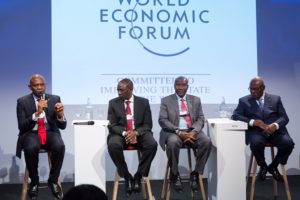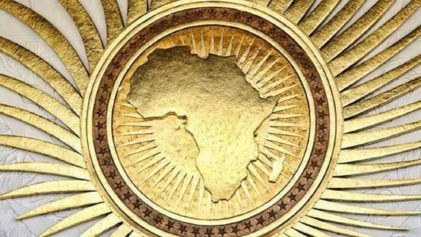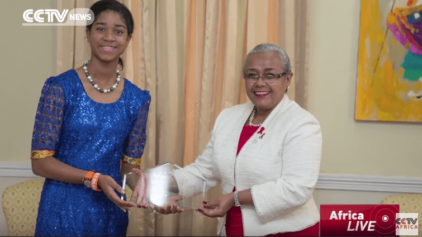
Mr. Tony O. Elumelu, CON speaking at the 2015 World Economic Forum, in Davos, Switzerland
Speaking at a high profile panel on energy at the 2015 annual meeting for the World Economic Forum in Davos, Switzerland, Nigerian billionaire and philanthropist Tony Elumelu emphasized the key priority for 2015 for Africa as “policy, policy, policy.”
Elumelu is among the group launching the African Energy Leaders Group (AELG), a multi-stakeholder advocacy group that aims to address Africa’s power deficiency—the continent has approximately 620 million people without electricity.
Elumelu said, “Investors in this space are rational. The risks are huge; the capital requirements are equally huge. If you want to invest in this space, you have to first survey the environment beyond economics; policy, stability, enforceability of rules, the nature of the regulatory framework. If the right policies are in place, investors and financiers will be encouraged to invest.”
AELG will bring the continent’s leaders together in an effort to build public-private partnerships, leverage political support and mobilize funds for sustainable energy and development. Created by a working group of African leaders including billionaires Elumelu, Aliko Dangote; Donald Kaberuka, President of the African Development Bank; Prime Minister Daniel Duncan of Ivory Coast; and President John Mahama of Ghana, AELG’s mission takes the form of three pillars—driving universal access, driving efficiency and driving renewables.
“Currently, every single African country is experiencing energy shortages and power outages. This costs the continent 2 percent of its GDP,” said Kaberuka. “We are a continent of miracles; if we are growing at 5 percent without enough electricity, think of what the continent could do with enough electricity.”
Kaberuka also added that the African Development Bank does $5 billion of infrastructure per year; half of that investment is ear-marked for energy, in both the private and public sectors.,
Elumelu, the leading voice highlighting the African private sector agenda at WEF, was the third most tweeted person at Davos after Bill Gates and Kenneth Roth (Executive Director, Human Rights Watch).
Read More at Forbes


